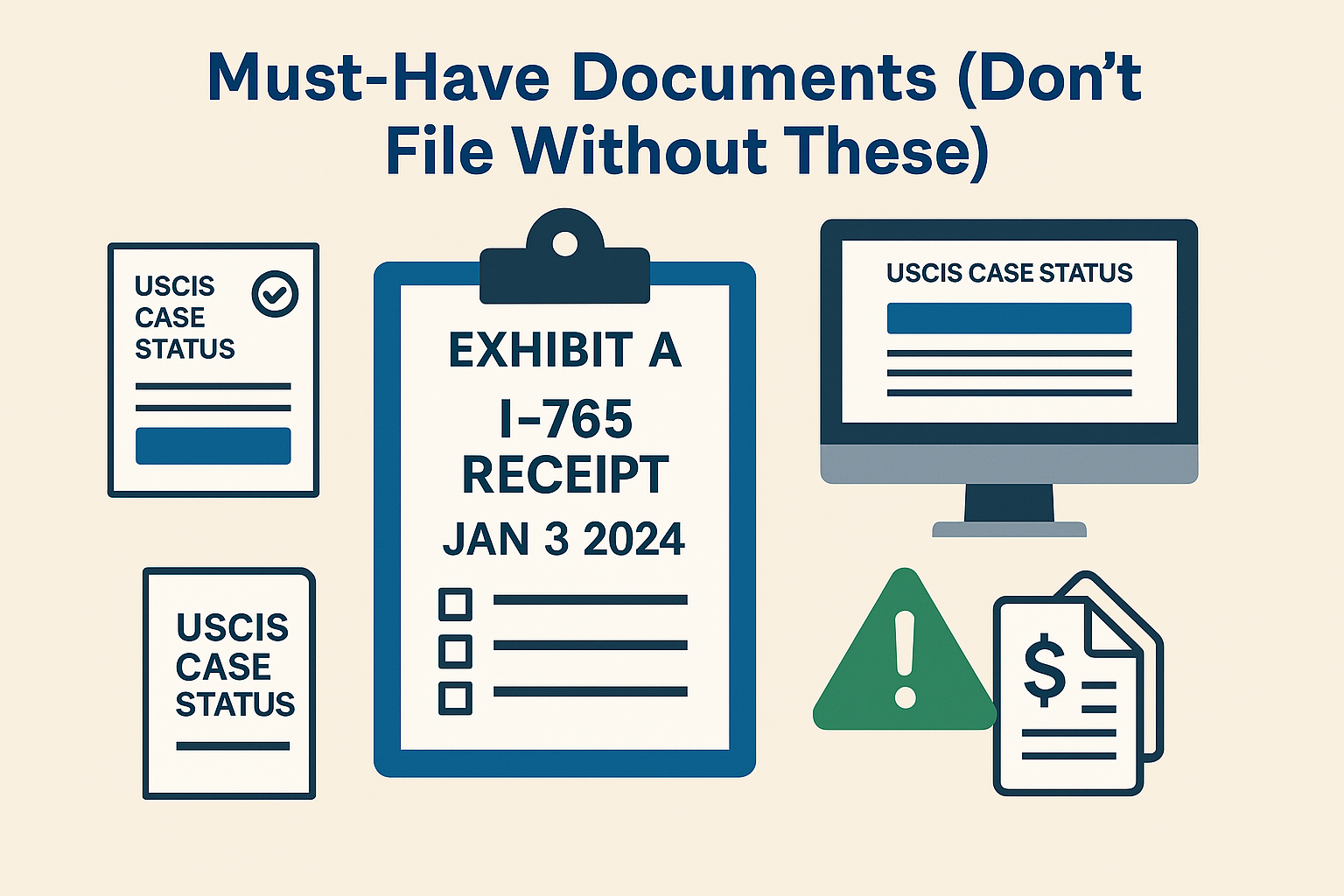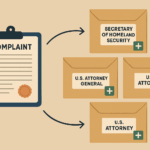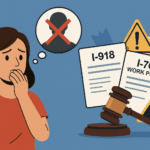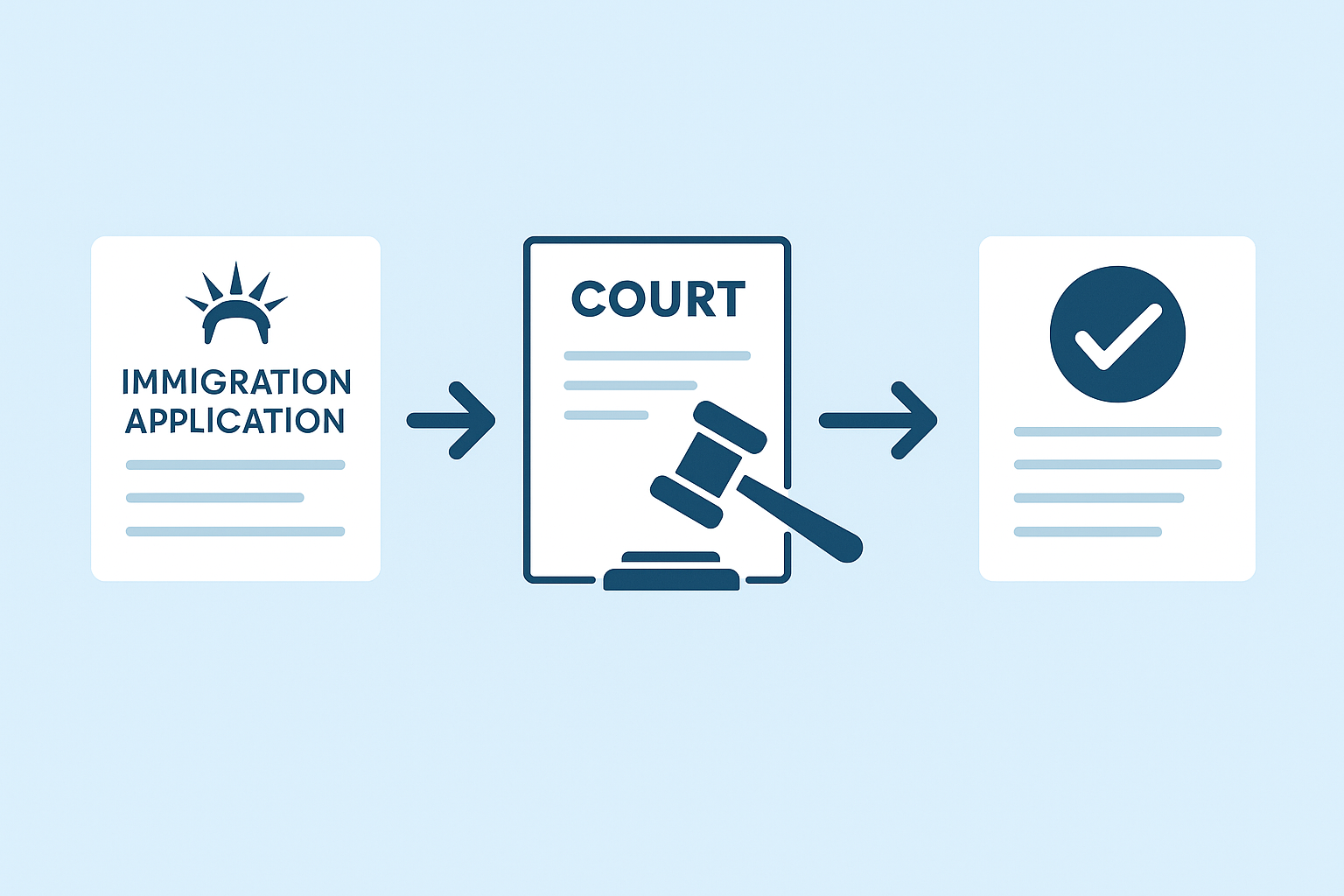Begin by exploring our range of services!
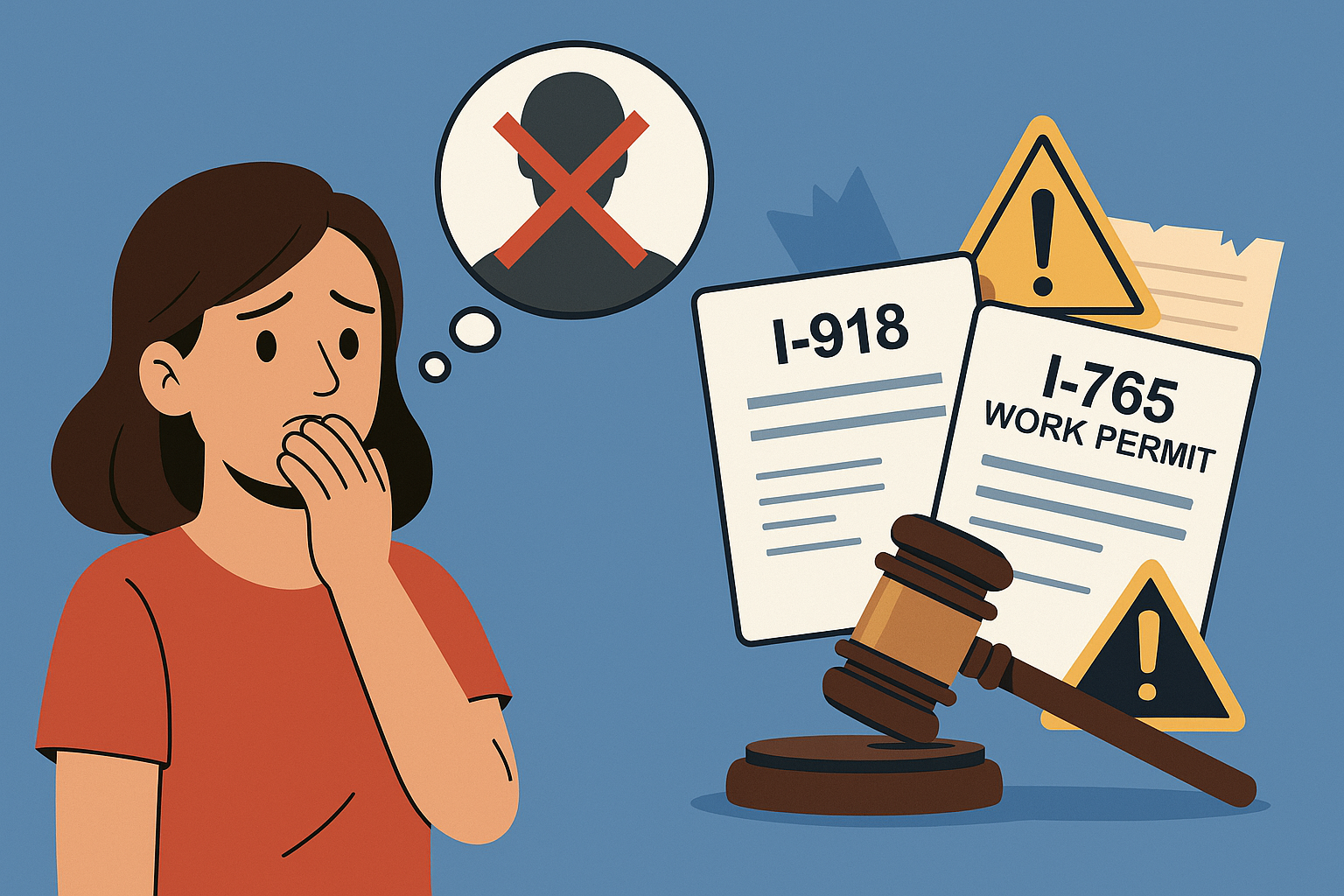
Thinking about a Pro Se Mandamus but scared of rumors that it will ruin your I-918 petition or I-765 work permit? Below we bust the five most common myths that keep U-Visa applicants stuck in an immigration case delay instead of taking action.
Myth-Busting: Facts vs. Fiction
- Myth 1: “The court will deny my U-Visa if I sue.”
Fact: A Mandamus suit forces USCIS to decide, not deny. Federal judges cannot adjudicate immigration benefits—only compel action. The American Immigration Council’s APA primer confirms this separation of powers. (source) - Myth 2: “Mandamus is only for lawyers.”
Fact: “Pro Se” literally means do-it-yourself. Thousands of self-filers succeed each year with clear instructions like our DIY kit. - Myth 3: “USCIS processing times are getting faster—just wait.”
Fact: USCIS’s own Processing-Time Tool puts U-Visa EAD waits above 24 months—longer than pre-pandemic levels. - Myth 4: “I could lose work eligibility if I annoy USCIS.”
Fact: Mandamus doesn’t change eligibility; it only speeds adjudication. Waiting costs far more in lost wages than a $405 court fee. - Myth 5: “Mandamus won’t work if my case is under ‘administrative processing.’”
Fact: Administrative processing has no statutory deadline. Courts routinely order action within 60 days, as we explain in this comparison guide.
Next Steps: Turn Facts into Action
Ready to ditch the myths and move your case forward? Choose the route that fits:
- Call us at (855) 998-5542 for a free 10-minute “Myth Check.”
- Email info@diyapp.org for a cost sheet and timeline.
- Read more success data in our About Us page.
Stop letting misinformation delay your future—act today.




